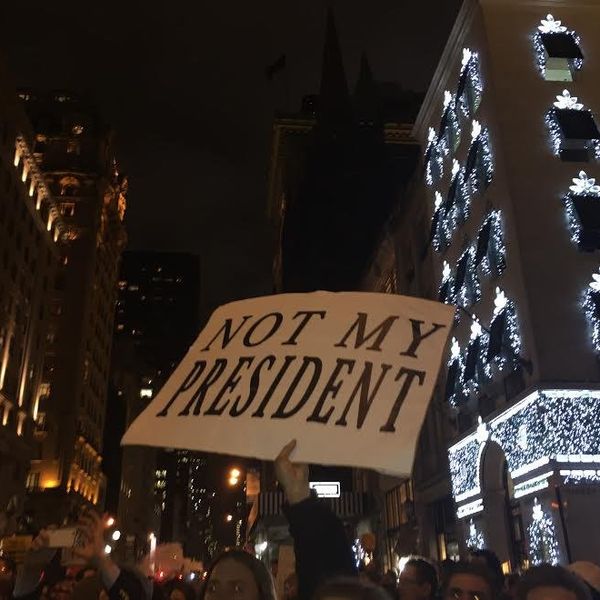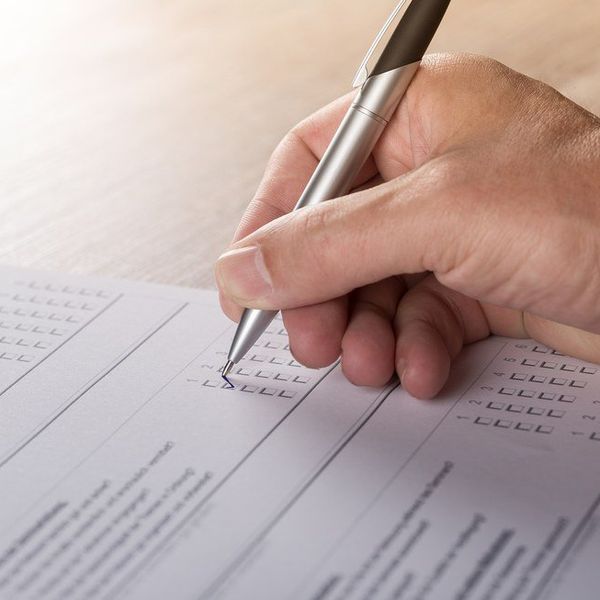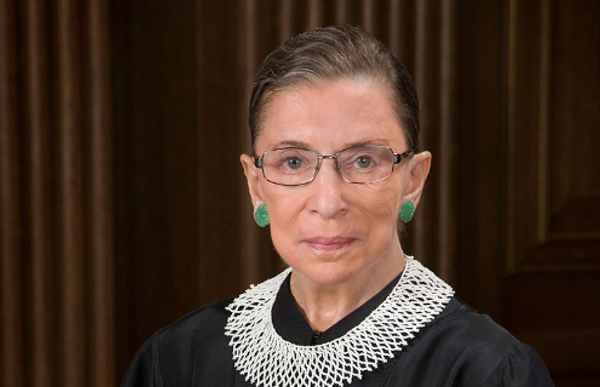Donald Trump is the next president. Many Americans have a hard time swallowing that, and for valid reasons. Only helping fuel the fire is the fact that he did not win the popular vote; he received 59,611,678 votes to Clinton’s 59,814,018.
As it always has in the past, this has instigated criticism of the Electoral College. People were quick to jump to social media on November 9 and attack the Electoral College for everything they believe it is. I like to call them Facebook arguments because most are on the basis of half-facts that are completely unfounded.
In the age of Facebook news and Twitter riots we, as American citizens, have become increasingly ignorant to the political process. People are more concerned about the 20 second protest than the long-term picture. We jump on the band wagon of the first thing we see and we never look back. We don't look up facts. We take what we see at much more than face value and use it to place an emotional investment in destroying something we don’t even understand. Most of the people attacking the Electoral College from behind a computer screen probably know very little about how it works.
The Electoral College is a process that elects the president and vice president through electors that represent each state. Each state appoints electors for each party, equal to the number of Senators the state receives in the Senate. All states, with the exception of Maine and Nebraska, have a winner takes all system in which all electoral votes go to the candidate that wins the popular vote within the state.
There are many valid and reliable arguments for and against this system. Unfortunately, the majority of the Facebook arguments are neither of those things.
Popular Facebook arguments against the Electoral College include it being unconstitutional, in the sense that it cripples the concept of democracy and the peoples vote. The Electoral College is actually outlined in Article II of the Constitution. It was enacted in 1787 to prevent citizens lacking correct or complete information from casting uneducated votes that would affect the country.
Another argument is that individual votes do not matter because it is ultimately the elector’s decision. This is also false. Electors are appointed by popular vote by state ans less than 99% of electors have ever gone against their state’s popular vote. Especially in swing states, every citizen vote goes towards the final determination on which candidate will receive the votes from that state. Without voting there is no way to appoint the electors for your candidate.
There also seems to be a wide spread belief that the Electoral College appoints the "wrong" candidate every election. There have only been five times since the first presidential election in 1789 when a candidate has received the popular vote and not won the election.
The Electoral College is a much more complex process than anyone believes and it cannot so easily be revoked. While it may be a broken system in need of reform, this reform will not happen behind the screen of a computer screen, reliant solely on false information. If reform needs to happen we need to stop accepting everything on Facebook as true and start looking at the real, proven, broken aspects of our democratic system.





















